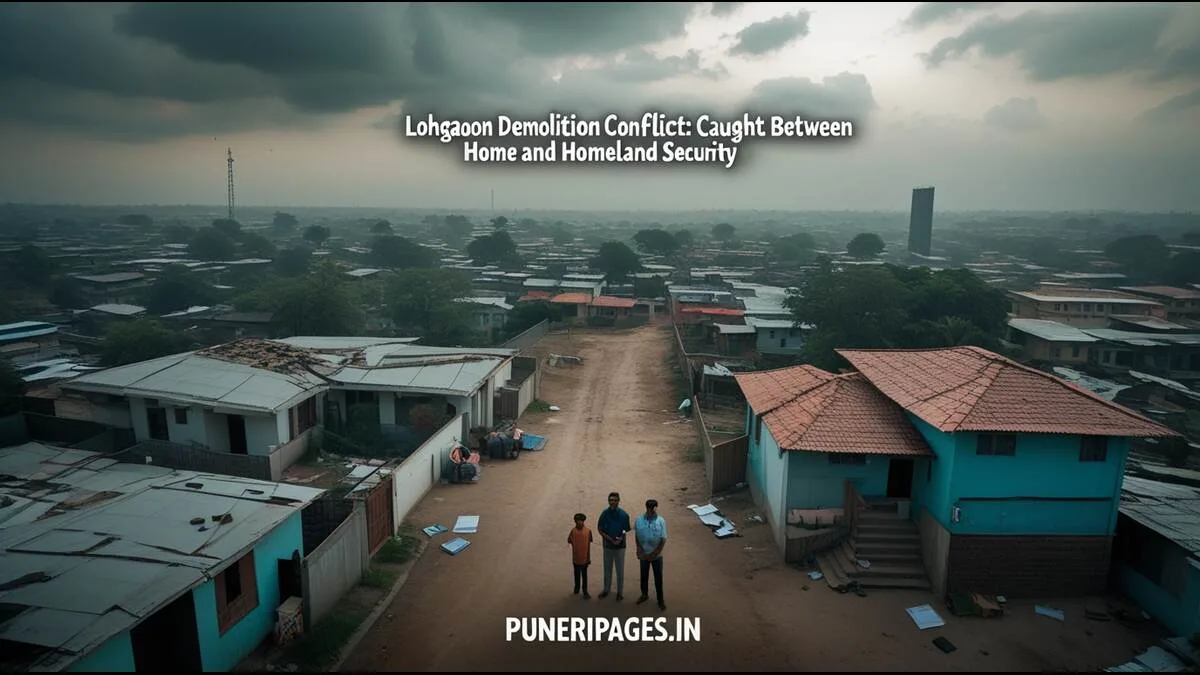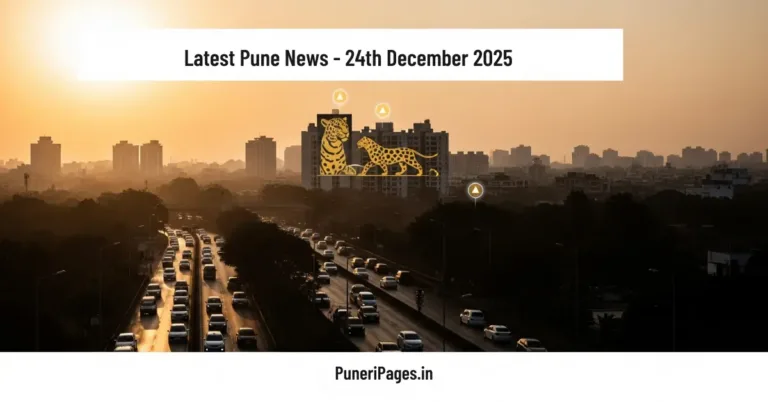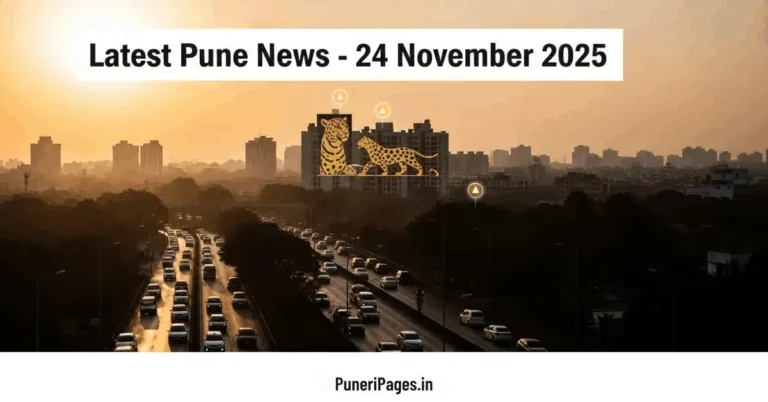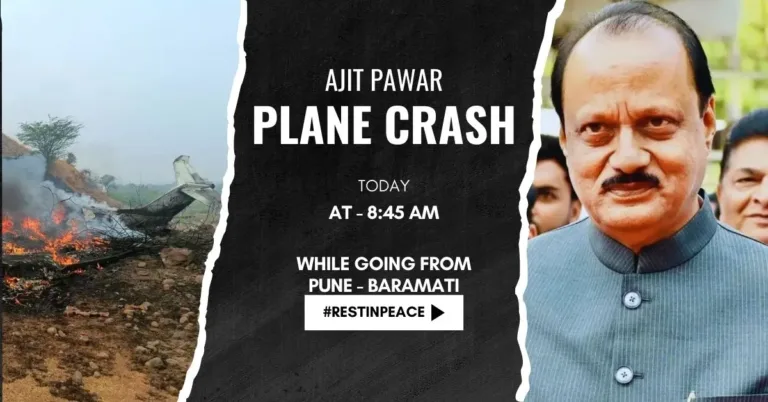
Lohgaon families fear demolition as homes near Air Force land face legal action.
By Prashant for PuneriPages.in
Imagine waking up one morning to find your home—the one you saved for, built with dreams, and nurtured for decades—marked with a red cross. That’s the grim reality for many families living near Pune’s Lohgaon Air Force Station. People like Sunita Patil, who has lived here for 22 years, now fear losing everything. “My children were born here. We paid every tax, followed every rule we were told. If we’re being told now that it’s illegal, what were the authorities doing all these years?” she asks, holding back tears.
This isn’t just about land and law. It’s about life, home, and human dignity.
Table of Contents
The Immediate Spark: A Desperate Plea to Halt Demolitions
Just this week, over a hundred residents met Union Minister Murlidhar Mohol, hoping for a miracle. They weren’t there to protest violently. They came with folded hands, documents, and years of helplessness, seeking a temporary halt to the demolitions. Local corporator Mahesh Wable led the charge, highlighting the deep cracks in the system that let this situation fester for so long. Minister Mohol assured he’d look into it, but hope is fragile.
Untangling the Knot: What’s the Conflict Really About?
Let’s make sense of it.
This issue is rooted in the Works of Defence Act, a law that restricts construction within a certain distance from defense installations.
In Simple Words:
- You can’t build anything within 100 meters of a defense boundary.
- Even within 900 meters, there are strict rules about what can be built and how tall.
Why do these rules exist? Because security matters. Air Force bases need clear surroundings for surveillance, safety, and sometimes even emergency operations. No one’s saying it doesn’t make sense.
So how did homes end up there? That’s where it gets murky. Many families bought these plots decades ago, often from private sellers or builders who didn’t disclose the defense proximity. Some say even government departments approved water, power, and tax registrations. Vinod Deshmukh, a resident of the area, puts it bluntly: “If this was illegal, why were we issued electricity connections and property tax bills?”
Real People, Real Stories: The Cost of Uncertainty
We spoke to families who have lived in Lohgaon for generations. Grandparents, children, working parents — all united by fear. What will they do if their home is bulldozed?
- Children may lose access to schools.
- Senior citizens will lose access to local doctors and medicine shops.
- Families may have to relocate far away, breaking decades of community bonds.
Sunita says, “We’re not encroachers. We’re citizens who believed we were doing things the right way.”
What Authorities Are Saying
From the Air Force’s perspective, their hands are tied. They must protect national security, and any construction too close to the base is seen as a threat.
A PMC official, on condition of anonymity, shared with us: “We’re following legal orders. But we also recognize these are families, not just structures. We’re trying to find a solution that balances law with humanity.”
Not Just Lohgaon: A Pune-Wide Issue
This is not an isolated case. Pune has seen similar conflicts in Vishrantwadi, Dhanori, and Kondhwa. Urban sprawl, coupled with outdated defense zoning maps, is creating repeated flashpoints. And every time, it’s the ordinary citizen who ends up confused, scared, and vulnerable.
So, What Happens Next?
The residents are asking for three things:
- A temporary stay on demolitions
- A fresh land survey to clarify the legal status
- A long-term regularization policy for genuinely affected families
While Minister Mohol’s visit offers some hope, there’s no decision yet. Everyone is waiting—for clarity, for justice, and most of all, for compassion.
Final Thoughts: Between Law and Life
Laws are important. National security is essential. But so is the right to shelter. So is empathy. The Lohgaon situation isn’t about choosing between the Air Force and the people. It’s about finding a path that protects both.
Sunita Patil’s voice still echoes: “We just want time. We just want fairness. We just want someone to hear us before it’s too late.”
Written with care by PuneriPages.in — because every home has a story.






